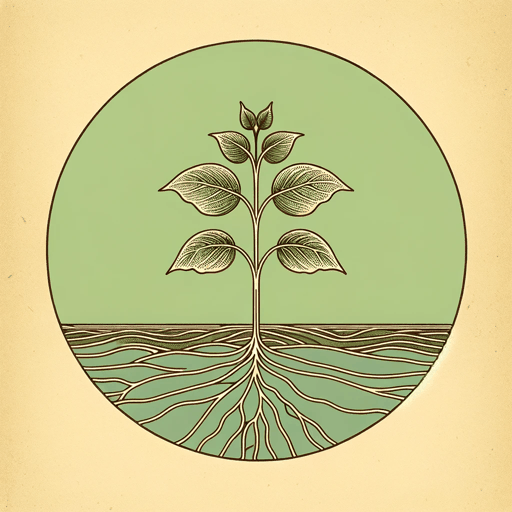60 pages • 2 hours read
David AbramThe Spell of the Sensuous: Perception and Language in a More-Than-Human World
Nonfiction | Book | Adult | Published in 1996A modern alternative to SparkNotes and CliffsNotes, SuperSummary offers high-quality Study Guides with detailed chapter summaries and analysis of major themes, characters, and more.
Chapters 6-7Chapter Summaries & Analyses
Chapter 6 Summary: “Time, Space, and the Eclipse of the Earth”
Abram points out that Indigenous cultures do not experience space and time as separate entities but as intertwined aspects of the living world around them. Stories and narratives in such cultures are rooted in the land, and each locale has its own distinct voice and power, communicated through tales specific to each place.
Recording oral stories in written form detaches them from their specific locations, allowing tales to be transported and read in places far removed from their origins. This process gradually abstracts the stories from the land, leading to the emergence of a concept of space as a homogeneous void, separate from the place-specific experiences of oral cultures. Similarly, the cyclical, place-bound concept of time begins to give way to a linear, abstract understanding of time as a sequence of events, further distancing human experience from the immediate, animate presence of the earth.
The indistinction between space and time in oral cultures contrasts sharply with the abstract concepts of space and time in literate societies, where time is seen as linear and space as a void separate from human experience. The shift toward abstract space and time begins to diminish the sensory engagement with the world that characterizes oral cultures.
Featured Collections
Anthropology
View Collection
Appearance Versus Reality
View Collection
Community
View Collection
Earth Day
View Collection
Globalization
View Collection
Order & Chaos
View Collection
Philosophy, Logic, & Ethics
View Collection
Psychology
View Collection
Religion & Spirituality
View Collection
Science & Nature
View Collection
The Future
View Collection
The Past
View Collection

